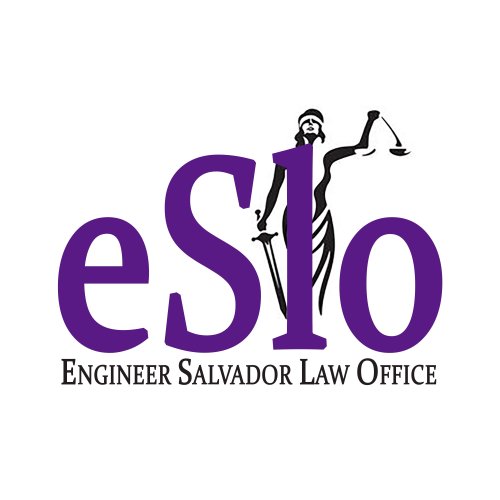Best Hiring & Firing Lawyers in Cavite City
Share your needs with us, get contacted by law firms.
Free. Takes 2 min.
List of the best lawyers in Cavite City, Philippines
About Hiring & Firing Law in Cavite City, Philippines:
Employment law in Cavite City operates under broader Philippine regulations and provides guidelines on all aspects of employer-employee relationships, including hiring and firing practices. The guidelines are designed to protect the rights of both employers and employees. They spell out lawful grounds for dismissal, due process, and fair hiring practices, such as non-discrimination and equal opportunity for all.
Why You May Need a Lawyer:
You may need a lawyer to assist you with matters related to hiring and firing in several situations. As an employer, you might need advice on how to comply with employment laws, managing contracts, or dealing with disciplinary and grievance procedures. You might also need legal advice and representation if facing charges for unfair dismissal. As an employee, you may need a lawyer's help if you believe you've been unfairly treated, wrongfully terminated, or discriminated against during the hiring process.
Local Laws Overview:
The key aspects of local laws in Cavite regarding hiring and firing are fundamentally the same as those in Philippine labor law. The Philippine Labor Code highlights issues like just causes for termination, due process, and prohibition of discrimination in hiring based on sex, age, civil status, religion, political affiliation, health, social status, or disability.
Frequently Asked Questions:
1. Can an employer fire an employee without notice in Cavite City, Philippines?
No, the Labor Code of the Philippines requires employers to provide advanced written notice, explaining the reasons for termination.
2. What are the valid reasons for firing an employee under Philippine law?
Serious misconduct, willful disobedience, gross and habitual neglect of duties, fraud against the employer, and commission of a crime against the employer or any immediate member of their family are all valid reasons for termination.
3. Can an employee sue the employer for wrongful termination?
Yes, an employee who believes they have been wrongfully terminated can file a complaint with the National Labor Relations Commission (NLRC).
4. What rights does a terminated employee have?
A terminated employee is entitled to receive payment for earned but unused leave credits and, in some situations, separation pay. The employee also has the right to contest the termination if they believe it to be unjust.
5. Is there a law against age discrimination in Cavite City, Philippines?
Yes, the Anti-Age Discrimination in Employment Act of the Philippines provides protections for individuals over the age of 40 against age discrimination in the workplace.
Additional Resources:
You may find useful resources with the Department of Labor and Employment (DOLE), the National Labor Relations Commission (NLRC), and the Cavite City Public Employment Service Office (PESO). Their websites offer comprehensive information about employment laws, rights of employees and employers, and processes for filing labor complaints and disputes.
Next Steps:
If you believe you need legal assistance, consider contacting a legal professional specializing in labor laws. You can approach local law firms, consult with the Integrated Bar of the Philippines (IBP) Cavite Chapter, or reach out to free legal aid provided by non-governmental organizations and university legal aid offices.
Lawzana helps you find the best lawyers and law firms in Cavite City through a curated and pre-screened list of qualified legal professionals. Our platform offers rankings and detailed profiles of attorneys and law firms, allowing you to compare based on practice areas, including Hiring & Firing, experience, and client feedback.
Each profile includes a description of the firm's areas of practice, client reviews, team members and partners, year of establishment, spoken languages, office locations, contact information, social media presence, and any published articles or resources. Most firms on our platform speak English and are experienced in both local and international legal matters.
Get a quote from top-rated law firms in Cavite City, Philippines — quickly, securely, and without unnecessary hassle.
Disclaimer:
The information provided on this page is for general informational purposes only and does not constitute legal advice. While we strive to ensure the accuracy and relevance of the content, legal information may change over time, and interpretations of the law can vary. You should always consult with a qualified legal professional for advice specific to your situation.
We disclaim all liability for actions taken or not taken based on the content of this page. If you believe any information is incorrect or outdated, please contact us, and we will review and update it where appropriate.









